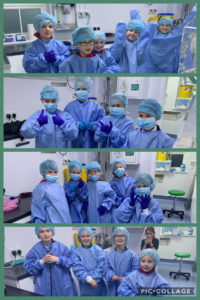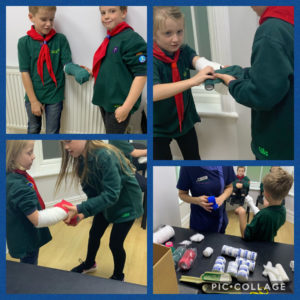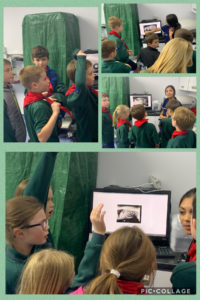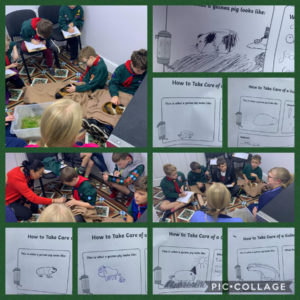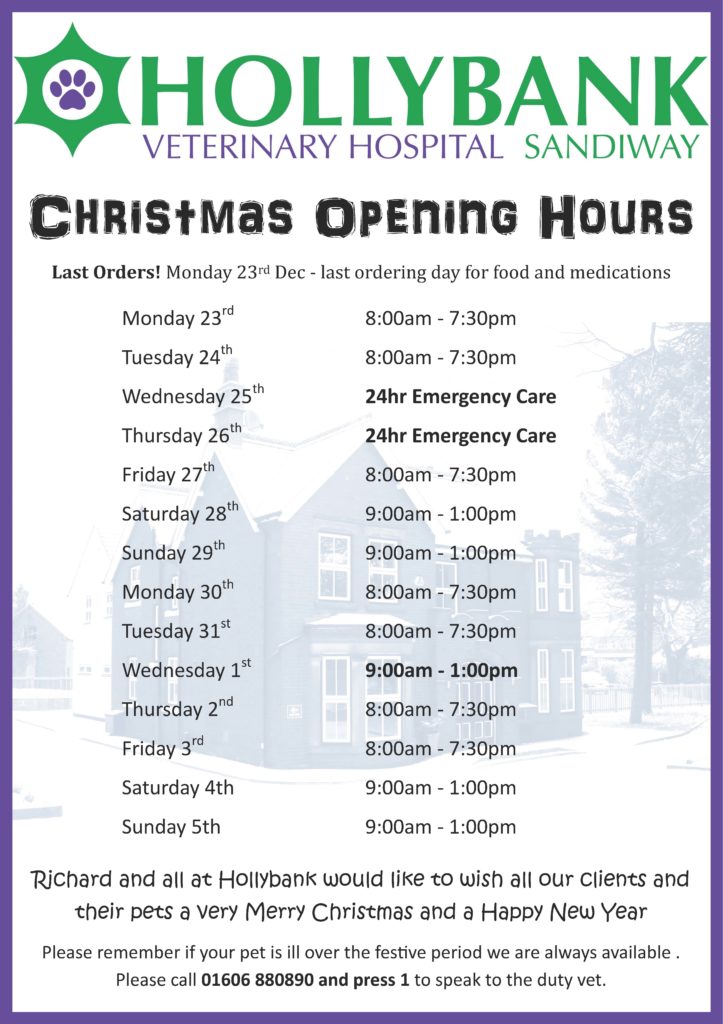Lost and Stray Dogs
If you find a stray dog then you are legally obliged to try and locate the owner and contact the dog warden to report it. The dog warden will collect the dog from you, scan for a microchip and attempt to reunite the dog with their owner swiftly. They have kennelling facilities for those dogs whose owners are not immediately located. For details on how to report a stray dog to the warden then go to the following link:
How can Hollybank Vets help?
At Hollybank we keep a lost and found book – please do let us know if you find a stray dog as the owner may have already been in touch. Equally if your dog is missing please let both the dog warden and all local vets know.
We can also scan for a microchip – it is a legal requirement for all dogs to be microchipped and for the central database to be up to date with the correct contact details for the owner. We may then be able to help put finder and owner together directly. If they are not chipped, the owners details are not up to date or we are unable to contact the owner immediately then unfortunately we are not able to admit a healthy dog into our kennels without their owner’s consent.
Injured or unwell animals
If you find an unwell or injured animal (whether that is a stray, an owned pet or wildlife) please contact the hospital on 01606 880890 where we will be able to help. Emergency first aid will always be provided as animal welfare takes precedent over anything else.
Whitegate Cub Visit!
A couple of weeks ago we welcomed the Whitegate Cubs to Hollybank. They spent some time with us learning about what we do here at Hollybank as well as having a tour.
All the cubs got to take part in some fun activities – dressing up as surgeons, practising bandaging, looking at x-rays and of course, meeting our resident guinea pigs, Marmalade and Marmite!
